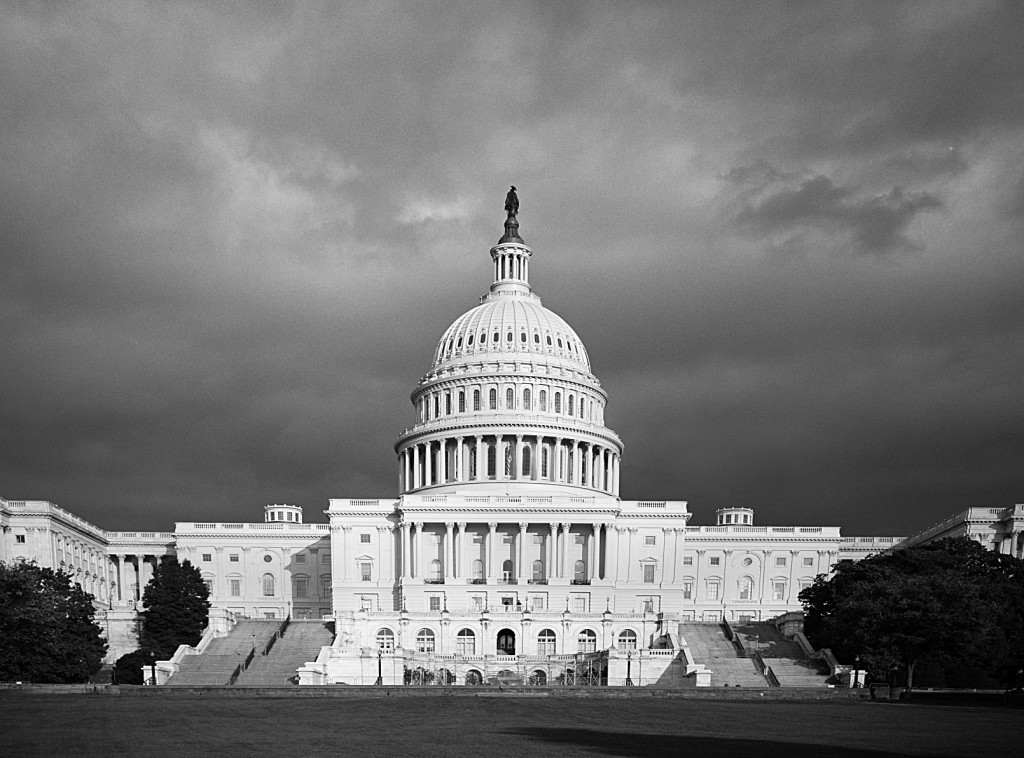U.S. and Cuba exchange prisoners in a small step towards larger change.
In what pundits are hailing as a landmark move towards improving U.S.-Cuba relations, top representatives from the two nations will soon start talks on how they can improve and ultimately normalize diplomatic relations. The announcement was preceded by a number of measures aimed at easing longtime tensions, chiefly among them the much lobbied release of former U.S. subcontractor Alan Gross, who was detained in late 2009 while assisting the U.S. Agency for International Development in setting up Internet access for local Jewish communities that bypassed Cuban censorship, and the freeing of three Cubans jailed in the U.S.
“The Cuban Government’s release of Alan on humanitarian grounds would remove an impediment to more constructive relations between the United States and Cuba,” the president said in a statement.
Florida Senator Marco Rubio (R) told the Associated Press that the president’s move would do “absolutely nothing to further human rights and democracy in Cuba,” but added that Gross’ return and reopening ties with the communist stronghold would be a step towards “normalizing banking and trade ties,” which will likely provide “the economic lift that the Castro regime needs to become permanent fixtures in Cuba for generations to come.”
Steps Towards Improvement
Since Cuba’s current president, Raul Castro, took over for his ailing brother in 2010, the Obama Administration has executed a series of steps to ease tensions between the longtime rivals, including lessening travel and financial restrictions. But the president’s most recent actions hope to tackle the problem more actively.
In a statement from the White House, Obama detailed some of the milestones the administration hopes to accomplish:
- Adjusting regulations to more effectively empower the Cuban people.
- Expanding travel between the two nations
- Lifting financial restrictions
- Improving telecommunications in Cuba and with the U.S.
- Measures to end the longstanding trade embargo, including allowing Americans traveling in Cuba to return with $400 worth of goods.
In a televised address Cuban President Castro applauded the efforts and said he welcomed the shift in politics.
South Florida Stands to Gain
If successful, the changes will eventually have huge implications for both countries, but the effects will be particularly pronounced in South Florida, which at its tip is only a mere 90 miles away from Cuba and, according to Reuters, plays home to roughly 80 percent of the nation’s Cuban population. The easing of financial restrictions, including an attempt to “improve the speed, efficiency and oversight of authorized payments between the United States and Cuba,” could conceivably entice a new wave of Cuban investors to throw their hats into a market notorious for attracting foreign money, as well as open the flood gates for additional Cuban migrants.
Serious, wide-spread investment into South Florida’s booming housing market, though, is likely years away, as personal finances for most Cubans are far below U.S. standards. To-date, the average state salary in Cuba is only $20 (USD) a month, according to FOX News Latino.

